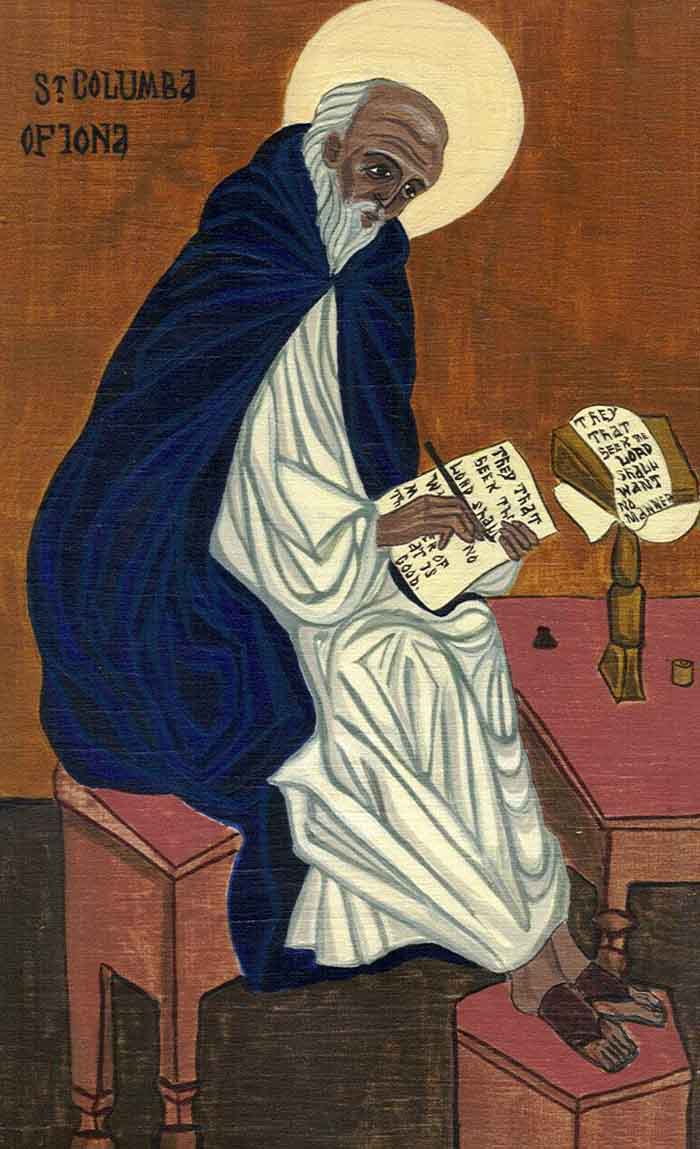+
A composite translation based upon the Urmiah edition of the Anaphora of Mar Theodore
As Vadakkel notes the repeated use of "and" is typical of Syriac and is one of the features that argues for this Anaphora of Mar Theodore being a Syriac original rather than a translation from the Greek as was once supposed. This very unique narrative of the institution of the Eucharist and words of consecration are not known by many, and I hope, dear reader, that you will find in them an ancient witness to the living tradition of the Syriac Christians whose voice is distinct and whose euchology is beautiful.
And with His holy Apostles in that night in which He was betrayed, He celebrated this great and holy and divine mystery, taking the bread in His holy hands. And He blessed and broke, and gave it to His disciples, and said,
This is My Body
which is broken for the life of the world
for the remission of sins.
Likewise, after the same manner He gave thanks over the chalice, and gave it to them, and said,
This is My Blood of the New Covenant
which is shed for the many
for the remission of sins.
Therefore, take, all of you, and eat of this Bread and drink of this Chalice. Do this whensoever you gather together for the remembrance of me.*
And as we have been commanded, so we Thy lowly, weak and miserable servants have gathered together, that by freedom of Thy grace we may celebrate this great and awful and holy and divine mystery, wherein great salvation was wrought for the whole human race, offering up glory and honour and thanksgiving and worship unto the Father and to the Son and to the Holy Ghost now and at all times and for ever and ever.
The priest or bishop signs the mysteries and the faithful answer,
Amen.
* my memorial, my living memorial, my remembering, my anamnesis
See a similar translation on page 9 of Prayers from the East by Bryan D. Spinks, The Pastoral Press, 1993
+
















